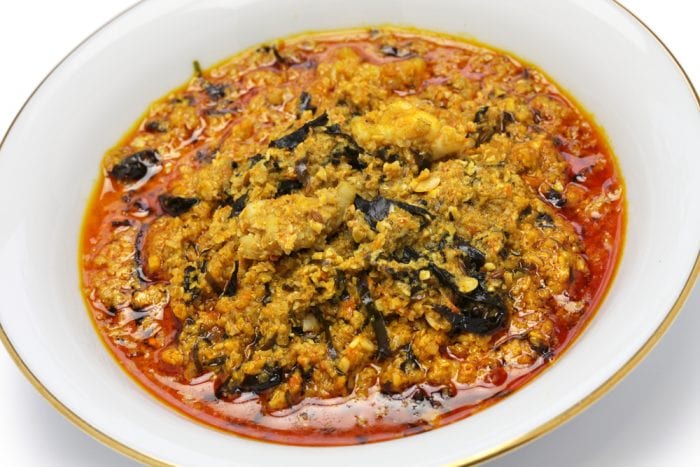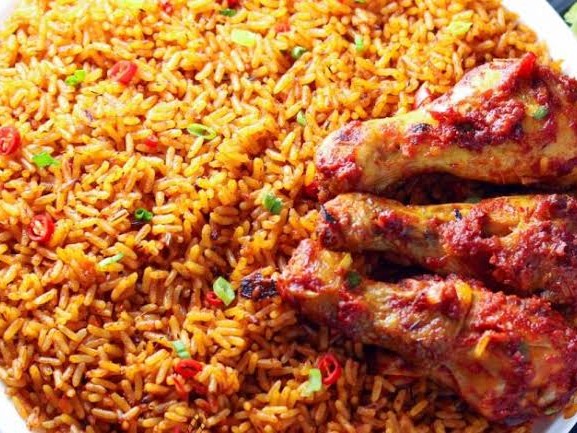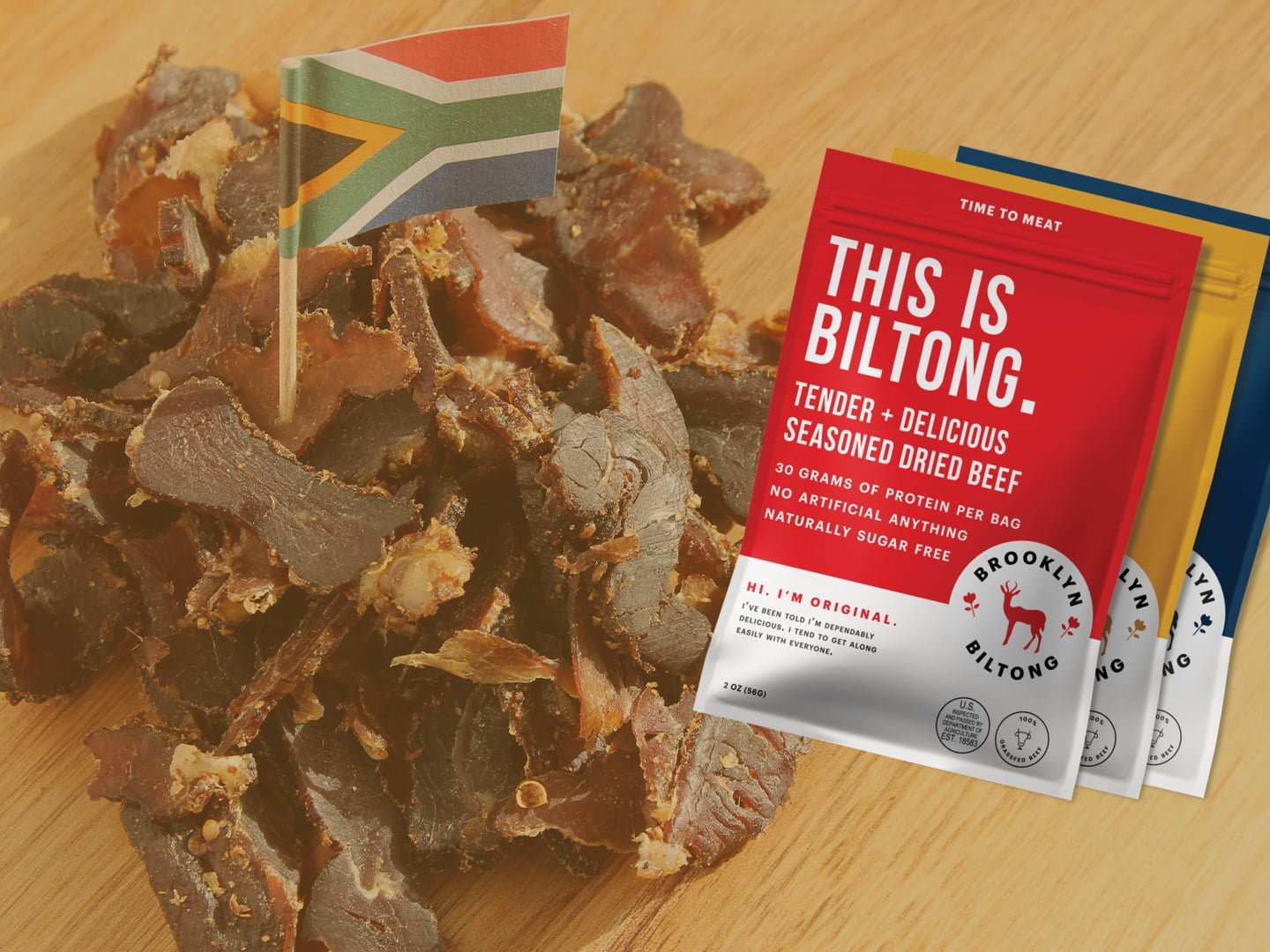Share this!
Must-Try Nigerian Food During Black History Month
Every race deserves to be appreciated and celebrated. If for nothing, their uniqueness and the struggles over which they have triumphed. Black History Month in February is an opportunity for you, a Nigerian in Diaspora, to appreciate your culture and traditions. I will be sharing how you can do so through great Nigerian meals that emphasize what you stand for culturally.
If you have forgotten how they look or taste like, you are about to be taken on a titillating journey that’ll make you wish to travel home. Not to be forgotten are the health benefits associated with these traditional meals. You will get to see how these major Nigerian meals are based around fresh vegetables, straight from the farm or garden which automatically spells “healthy” and which, of course, you have been missing out on. You might not be getting all necessary ingredients as freshly as they should be over there but the substitutes can definitely bring you very close.
For the Igbos Out There
Egusi and Eba
Eba is made from processed cassava. Sometimes called, cassava flakes. This is common with my brothers from the eastern part of Nigeria. Egusi soup, whose major ingredient is melon seed, is a typical meal in that part of the country. It is usually made with a wide variety of other ingredients including pumpkin leaves, stock fish, lots and lots of crayfish, scotch bonnet, edible meat of any kind, be it beef, chicken, or goat meat.
The meat stock is of great importance, so you have to make sure that your meat is well spiced before steaming it. It’s one meal that’ll make you lick your fingers and give you the feeling of home, Naija.
Oha Soup and Fufu
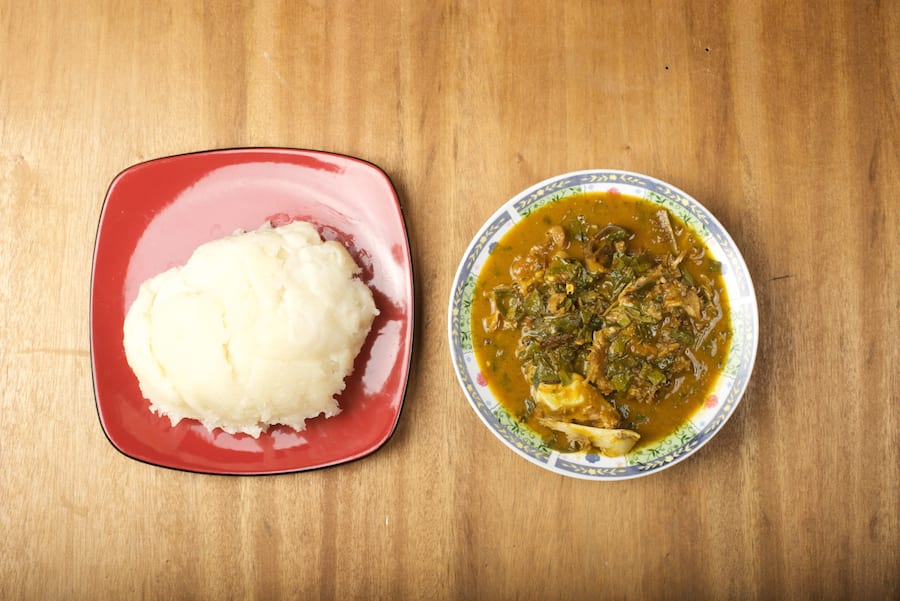
Oha soup, majorly made with cocoa yam and oha leaves, is a heavenly meal. Just prepare it with correct beef or goat meat, dry fish, lots of crayfish, uziza leaves, stock fish, ofor or achi, and ogiri. It requires quite a long process but the end result is one that won’t be forgotten in a hurry.
Fufu is one of the products gotten from processed cassava. This combination is so tasty that even Nigerians not from the East crave to learn how to prepare it right after tasting it. If you can just prepare this and share it, you’ll be spreading a wonderful part of your Nigerian culture. Take your neighbors on a ride through the East with the wonderful aroma that’ll be emanating from your kitchen. They’ll want a taste of our culture. Give it.
And hope you’ve noticed all the “lots” I have been placing behind the “crayfish”. It’s very important because Igbos and crayfish are inseparable. Almost all of their meals have it so it’s not an ingredient to be left out.
For the Yorubas Out There
Ewedu and Amala
This is the typical meal for a Yoruba man. Ewedu (Jute Leaves) is a fresh vegetable that is used in making a resilient soup usually spiced with a little, grinded melon seed and locust beans. It is commonly served with a peppery, watery stew made from tomatoes, chili pepper, scotch bonnet, and palm oil. This stew is filled with lots of meat.
It is served with a staple made from grinded, dry yam. This staple comes out brownish in color. It is so delicious. No Nigerian from the West is truly a son of his father if he hasn’t tasted this. It’s like he has no roots. So, return to your roots, even while away from home with this savory, mouth-watering delicacy.
Efo Riro and Semo
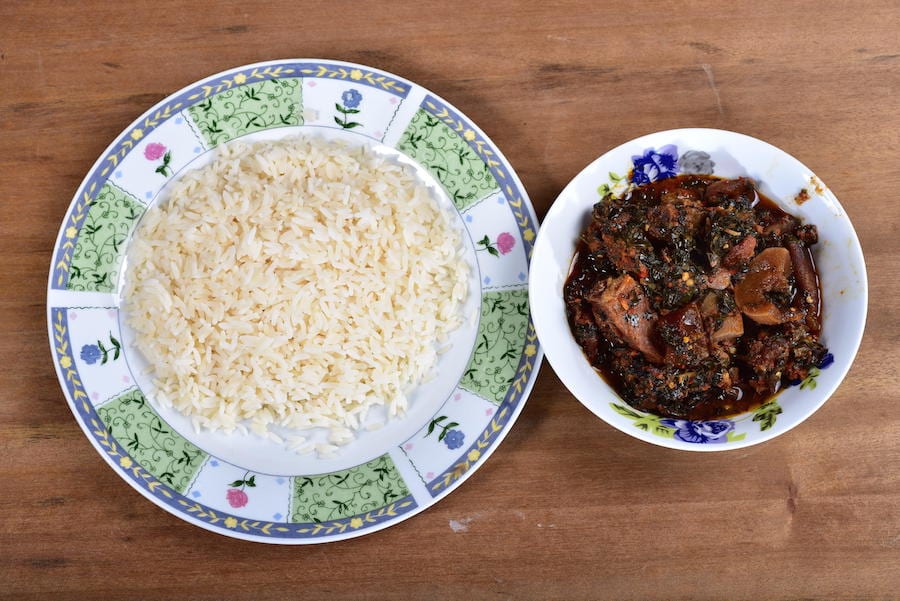
Efo riro is another delectable, western Nigeria meal. It is a leafy soup made from Green Amaranth (Efo Tete or Efo Shoko) with lots of dry fish, smoked fish, crayfish, scotch bonnet, cow skin (ponmo), locust beans, and beef. It is a king’s dish as it requires careful preparation to come out at its best. If you can’t find green amaranth, you can use fresh spinach to accomplish something just as good. Look here for the recipe to produce this. You can eat it with any staple, from eba to amala or semovita (a cornmeal).
We have looked at two meals each for the two major groups of Nigerians abroad. Celebrate your culture with pride. If you hail from the Eastern and Western part of Nigeria, this is the perfect reminder and prompter.
Some of my friends from Warri, Nigeria commonly share a slang which when interpreted means “WE NEVER COME LAST”. Prove your warri brothers true by showing the world that even our meals are a solid way of bringing what we stand for, our legacy, to the fore.
The 2018 black heritage month should be something to remember, and we hope you’ll give it a dimension you have never given it by preparing Nigerian themed foods for your friends and families. And for parents, it’s only wonderful to have to pass this on to your kids.




